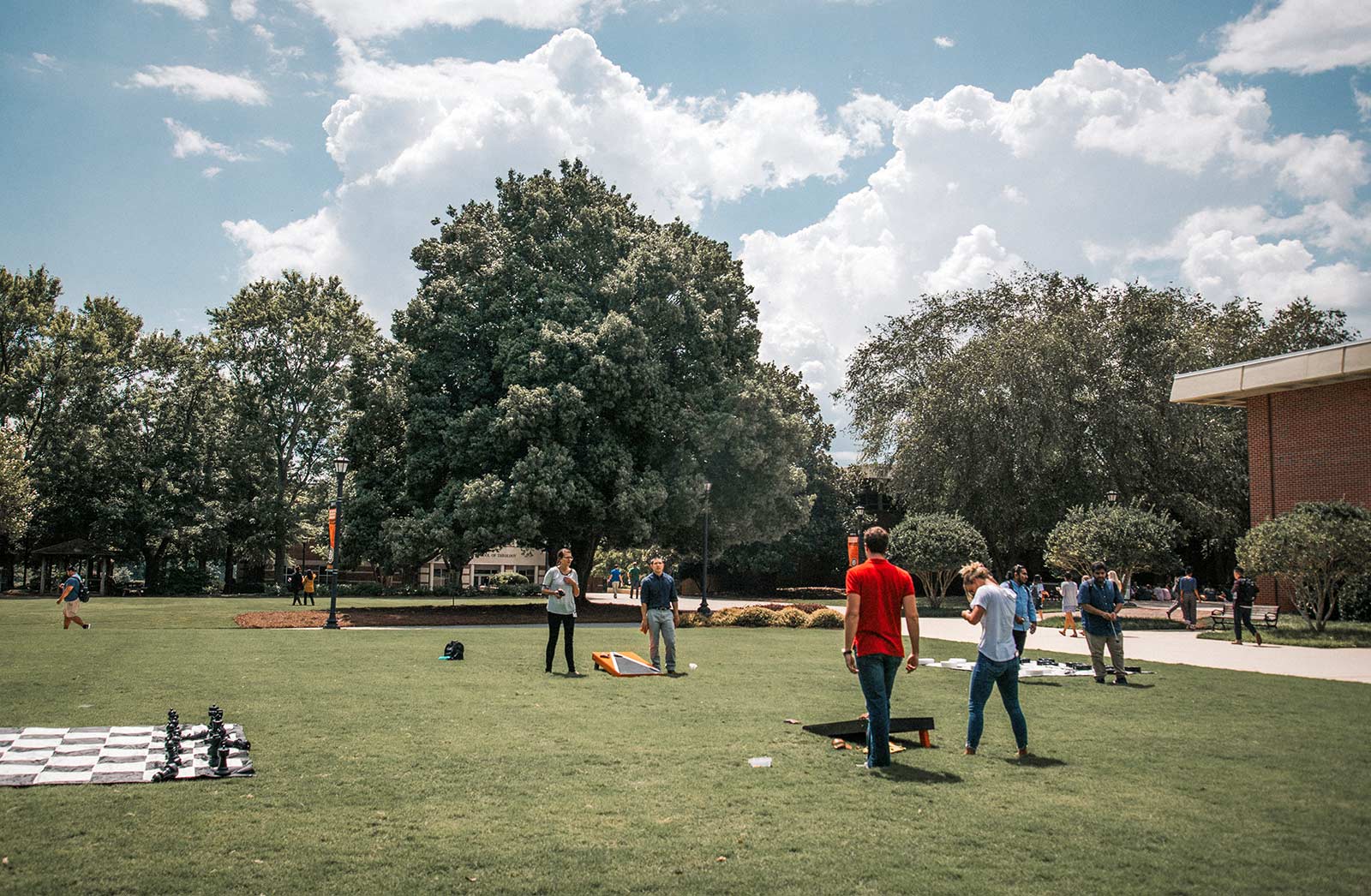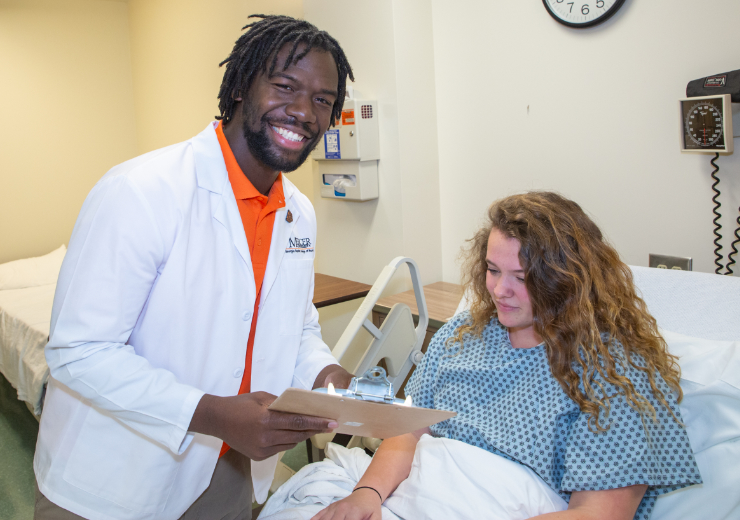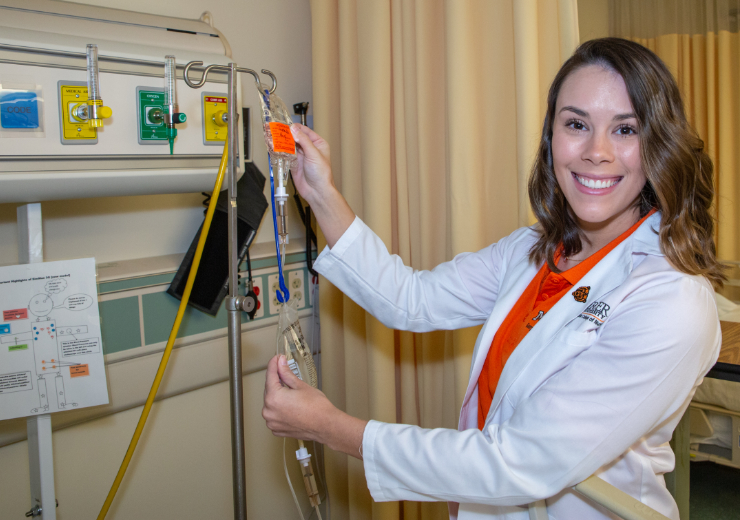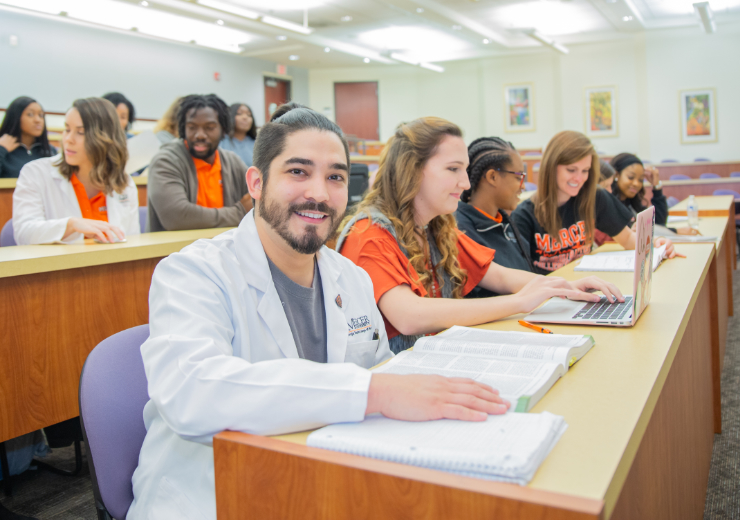Master of Science in Nursing
 Georgia Baptist College of Nursing of Mercer University offers a Master of Science in Nursing (MSN) degree with four tracks:
Georgia Baptist College of Nursing of Mercer University offers a Master of Science in Nursing (MSN) degree with four tracks:
- Adult-Gerontology Acute Care Nurse Practitioner
- Adult-Gerontology Primary Care Nurse Practitioner
- Family Nurse Practitioner
- Psychiatric-Mental Health Nurse Practitioner
Graduate students are prepared to utilize research and provide advanced practice nursing and leadership to the profession.
Program Description
The purpose of the MSN degree program is to prepare professional nursing leaders in advanced specialty areas of nursing. Areas of concentration in this graduate program can be practiced in a variety of health care delivery systems and settings. The program builds upon baccalaureate preparation in nursing and is based on processes of advanced clinical practice; advanced theoretical application; social, economic, and political interpretation; professional role development; and legal and ethical analyses. The program provides the opportunity for students to think and write analytically and theoretically, to strengthen an area of practice, to apply theory to practice, to apply meaning and understanding in practice, and to develop skills of inquiry. Clinical credit hours for each track are on a 1:4 ratio (1 credit = 4 contact hours).
Student Learning Outcomes
Graduates of the MSN program will be able to:
- Use best evidence to make patient-centered care decisions.
- Employ information technology to improve population health.
- Apply reflective practice to grow professionally.
- Promote quality and safety within a health system.



